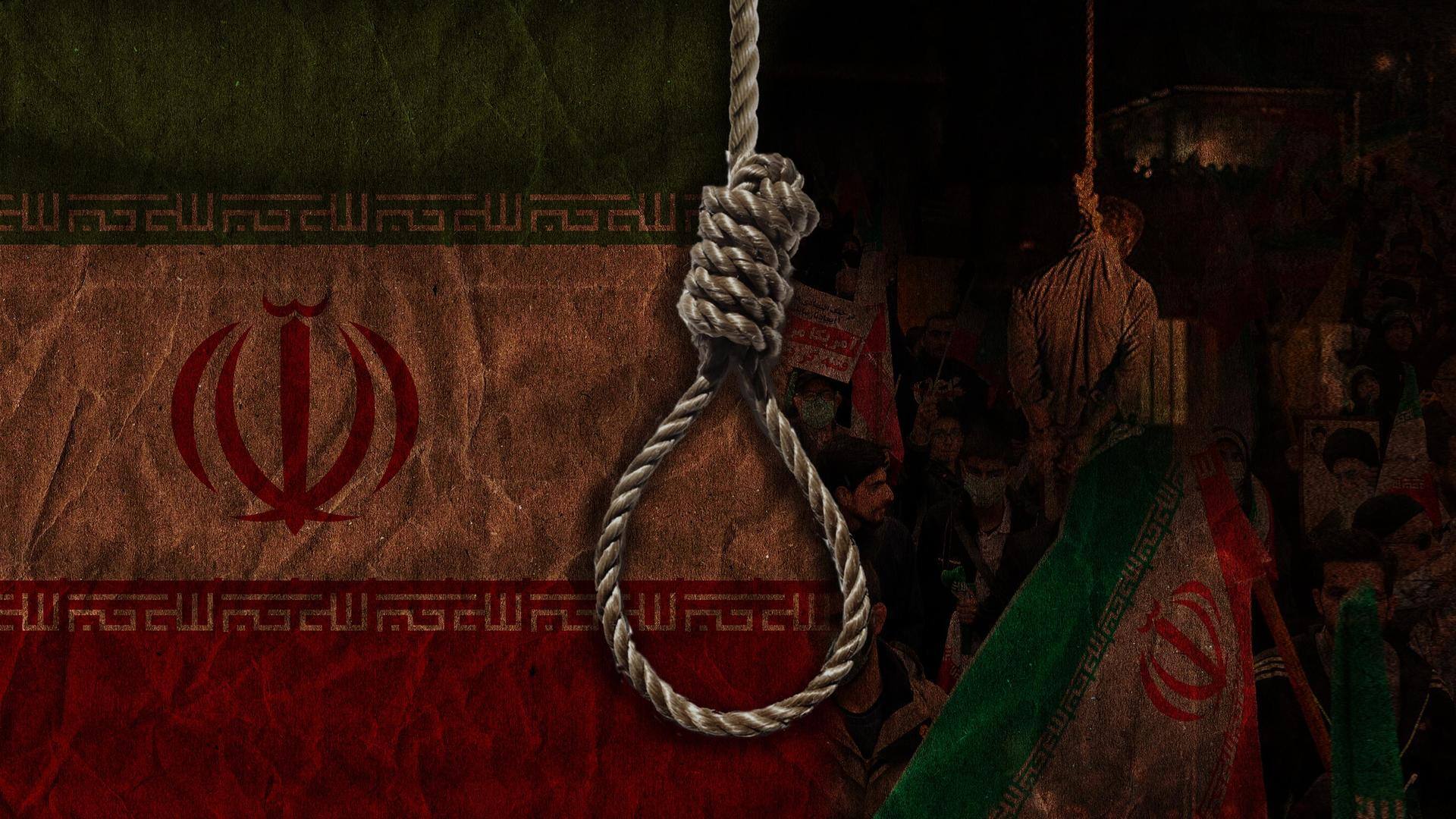
Anti-government protests: Iran executes second convict within a week
What's the story
Iran reportedly executed a man convicted of killing two members of the security forces in public early on Monday.
This is the second execution linked to Iran's anti-government and anti-hijab protests within a week.
The convict, Majid Reza Rahnavard, was sentenced to death for allegedly "waging war against God" after stabbing the security forces personnel to death, reported the Iran judiciary-run Mizan news agency.
Context
Why does this story matter?
The death of Mahsa Amini in the custody of Iran's morality police—after she was arrested over wearing an "improper hijab"—triggered anti-government and anti-hijab protests in September.
Subsequently, the protests gained substantial momentum as women worldwide held symbolic demonstrations by burning their hijabs and cutting their hair.
This movement in Iran is viewed by the world as an act of resilience by the people.
Details
Iran's executions attract condemnation from across globe
On Thursday, the execution of Mohsen Shekari—convicted of assaulting a security guard—was strongly denounced by the United States and its allies. This was the first public execution linked to anti-government protests.
Human rights organizations slammed Iran, claiming Shekari was tortured and coerced to confess.
Amnesty International said that Iranian authorities seek to execute at least 21 people in "sham trials designed to intimidate" protesters.
Information
Agitation against morality police continues
Meanwhile, protests in Iran continue amid contradictory reports that the country's morality police has been abolished.
Despite rumors that the morality police had been shut down, the months-long protests triggered by 22-year-old Amini's death have not ended.
Iran's Attorney General Mohammad Jafar Montazeri reportedly announced the dismantling of the contentious police unit earlier this month, while local media claimed his statements were "misinterpreted."
Action
Over 448 persons killed, thousands arrested in hijab row
Iran Human Rights, an Oslo-based non-governmental organization, stated on November 29 that at least 448 people were killed by security forces in Iran in the ongoing countrywide protests.
Meanwhile, United Nations High Commissioner for Human Rights Volker Turk revealed late last month that 14,000, including children, were arrested as part of the hijab row sweep.
The widespread arrests included journalists, celebrities, and sportspersons, too.
Information
What do we know about Amini's death?
Amini was reportedly arrested by Iran's morality police on September 14 in Tehran—when she was with her brother—over wearing an "improper" hijab.
Her brother—waiting outside the police headquarters—learned hours later that she was rushed to the hospital in a coma.
The police had claimed Amini suffered a cardiac seizure in custody and denied claims that she was beaten. She later died on September 16.
Reports
Review of hijab law?
Earlier this month, Montazeri stated that both parliament and the judiciary are working on the subject of reviewing the hijab law that requires women to cover their heads.
Iranian President Ebrahim Raisi had also said that Iran's republican and Islamic foundations were constitutionally entrenched, "but there are methods of implementing the constitution that can be flexible."
Confusion
Confusion after conflicting statements emerge
Protesters across Iran rejoiced after Montazeri's statements on disbanding the morality police last Sunday.
But the Interior Ministry, which is in charge of the morality police, did not confirm the abolition.
Moreover, according to the official media, Montazeri was not in charge of managing the army.
Amid the confusion, an Iranian lawmaker however said the government was "paying attention to the people's real demands."
Definition
What is Iran's Hijab law?
Wearing the hijab became mandatory four years after the 1979 Revolution that overthrew the US-backed monarchy and established the Islamic Republic of Iran.
Hijab has, however, been a contentious issue in the country since it was made compulsory.
While conservatives say it should be mandatory, reformists have been in favor of leaving it to the individual choice of women.